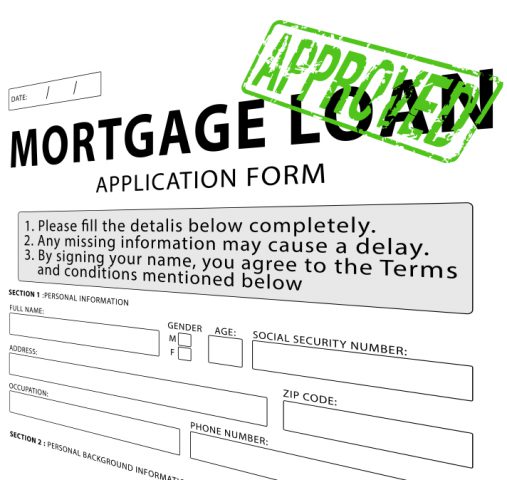Buy-to-let mortgage products rise in Q1
The total number of buy-to-let mortgage products available in Britain rose substantially in the first three months of 2016.
Data from the latest Mortgage for Business index reveals that residential landlords with a limited company were particularly spoilt for choice.
Increases
An increase in product numbers aimed at limited company mortgage seekers saw the total of buy-to-let mortgages rise from 963 in Q4 of 2015 to 1,105 in the opening quarter of this year.
In addition, figures from the report show that remortgages outstripped purchases for all property types, except HMO’s, where purchase numbers were marginally higher.
Unsurprising
David Whittaker, managing director of Mortgages for Business, noted, ‘with tenants looking for less expensive accommodation and landlords looking for higher yields it is no surprise that the number of HMO purchases has risen in the last quarter.’[1]
‘Even though remortgage transactions were higher this is not to say purchase numbers were down,’ Whittaker continued. ‘All types of residential investment showed a marked increase in the number of purchase transactions as investors rushed to beat the 3% stamp duty surcharge deadline.’[1]

Buy-to-let mortgage products rise in Q1
The Index also shows that rental yields for semi commercial property also increased in the opening quarter of 2016. This made it the second biggest yielding property category.
Mr Whittaker forecasts that the number of buy-to-let landlords buying semi-commercial property will rise in the upcoming months. He believes this is due to the fact mixed-use properties are classed as commercial premises and will not be subject to the increases in Stamp Duty surcharges.
[1] http://www.propertywire.com/news/europe/uk-buy-let-mortgages-2016041411796.html






